Oregano molido is ground dried oregano that adds robust, earthy flavor to dishes with just a pinch. Unlike fresh oregano, this shelf-stable spice delivers consistent taste in sauces, marinades, and rubs—perfect for weeknight dinners when fresh herbs aren't available. This guide reveals exactly how to use it properly, including measurement conversions, storage tricks, and 5 chef-approved techniques you can implement tonight.
Table of Contents
- What Is Oregano Molido? (Simple Definition)
- Why Ground Oregano Beats Fresh in Most Dishes
- Flavor Profile Breakdown (What to Expect)
- 5 Essential Cooking Techniques That Work
- Common Mistakes and Quick Fixes
- Substitution Guide When You're Out
- How to Store It So It Stays Fresh for Months
- Easy Global Recipes Using Oregano Molido
- How to Pick the Best Quality (3 Must-Check Signs)
- FAQs Answered by Cooking Pros
- Simple Implementation Plan for Better Flavor
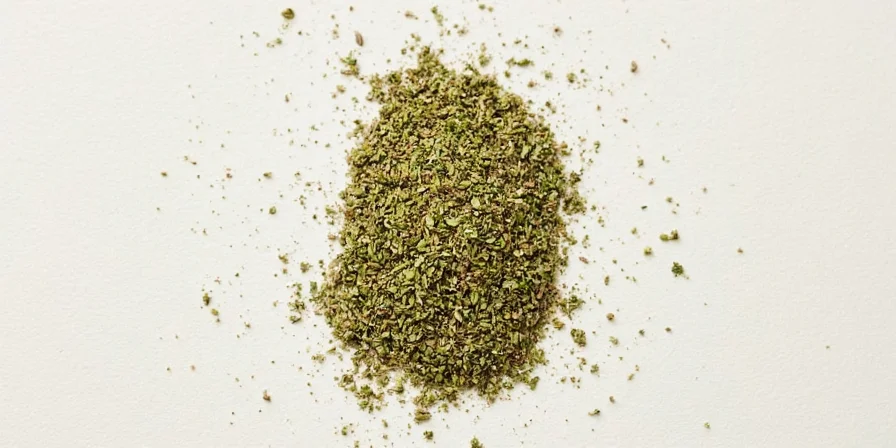
What Is Oregano Molido? (Simple Definition)
Oregano molido is simply dried oregano leaves that have been finely ground into powder. Found in most grocery stores' spice aisles, it's the go-to form for Mediterranean and Mexican cooking when fresh oregano isn't practical. The "molido" (Spanish for "ground") tells you it's ready to use straight from the container—no chopping required.
Key difference from fresh oregano: Ground oregano has 3x the flavor impact by volume, so you need less. One teaspoon of oregano molido equals three teaspoons of fresh oregano leaves. This concentration makes it ideal for soups, stews, and sauces where fresh herbs would get lost.
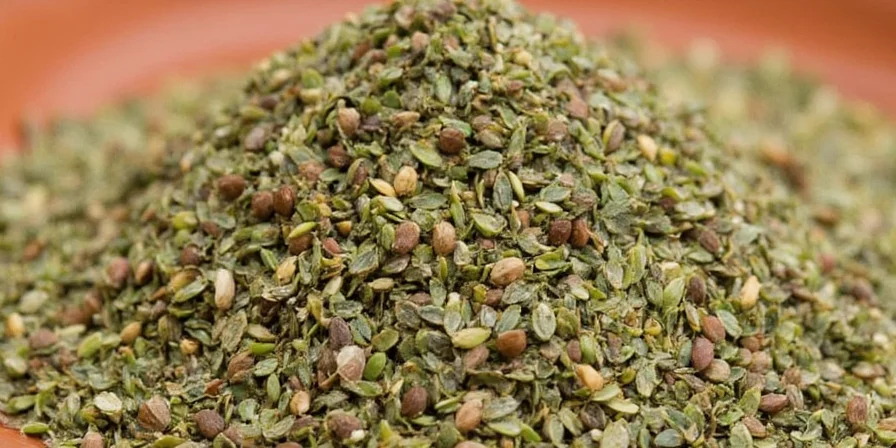
Why Ground Oregano Beats Fresh in Most Dishes
Professional chefs prefer oregano molido for three practical reasons:
- Better flavor distribution: Powder blends evenly throughout dishes, unlike chopped leaves that create flavor pockets
- Longer shelf life: Properly stored, it maintains potency for 18-24 months versus days for fresh
- Heat resistance: Ground form withstands high-heat cooking without losing flavor (fresh oregano turns bitter)
Use it in tomato sauces, meat rubs, salad dressings, or sprinkle over pizza during the last 5 minutes of baking. For best results, add during the last 10 minutes of cooking to preserve flavor.
Flavor Profile Breakdown (What to Expect)
| Flavor Characteristic | How It Tastes | Best Paired With |
|---|---|---|
| Earthy | Woodsy, slightly peppery | Tomatoes, lentils, mushrooms |
| Citrusy | Bright lemon notes | Lemon juice, olive oil, fish |
| Warm | Gentle heat (not spicy) | Garlic, onion, paprika |
| Bitter (when misused) | Harsh, medicinal taste | Fix with acid or sugar |
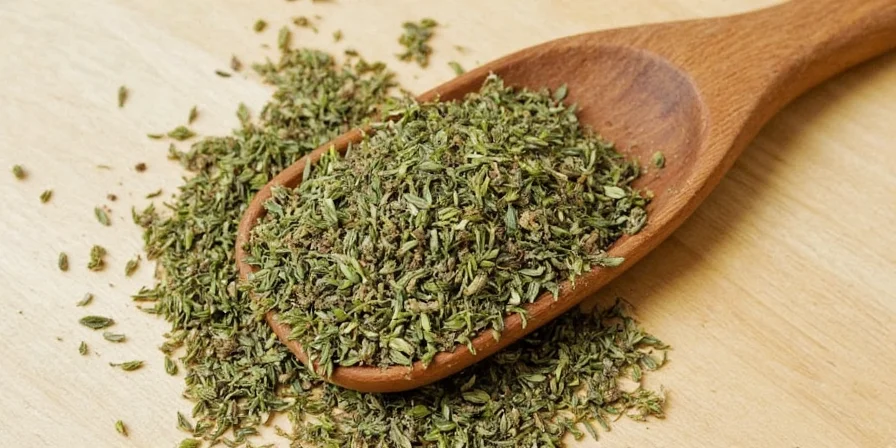
5 Essential Cooking Techniques That Work
- Bloom in oil first: Heat 1 tsp oil to shimmering, add oregano, cook 30 seconds before adding other ingredients. Prevents bitterness and unlocks full flavor.
- For tomato sauces: Add during last 10 minutes of cooking (not at beginning) to preserve bright notes.
- Meat rub secret: Mix 1 tsp oregano molido with 2 tsp olive oil and rub on chicken before grilling.
- In salad dressings: Whisk 1/4 tsp into vinaigrette—creates stable emulsion that won't separate.
- Revive stale bread: Sprinkle 1/2 tsp on garlic bread before toasting for herbaceous crunch.
Common Mistakes and Quick Fixes
- Adding too early in cooking: Causes flavor loss. Solution: Stir in during last 10 minutes.
- Using too much: Creates bitter aftertaste. Solution: Start with 1/4 tsp per serving, adjust later.
- Storing in clear containers: Light degrades flavor. Solution: Keep in dark glass jar away from stove.
- Mixing with strong spices: Gets overpowered. Solution: Add after cumin/paprika in spice blends.
Substitution Guide When You're Out
| If You Have | Use This Amount | Best For | Avoid In |
|---|---|---|---|
| Marjoram | 1.5x more | Chicken, fish | Tomato sauces |
| Italian Seasoning | Same amount | Pizza, pasta | Delicate dishes |
| Thyme | 2x more | Roasted vegetables | Mexican dishes |
| Regular oregano (dried leaves) | 3x more | All purposes | Sauces needing smooth texture |
How to Store It So It Stays Fresh for Months
- Dark container: Transfer from clear store packaging to amber glass jar—reduces light exposure by 90%.
- Cool location: Store away from stove (heat degrades potency 4x faster above 75°F/24°C).
- Air-tight seal: Use containers with rubber gaskets—exposure to air cuts shelf life in half.
- Freeze for longevity: Portion into ice cube trays with oil, freeze, then store in freezer bags for 2+ years.
Easy Global Recipes Using Oregano Molido
- 5-minute pizza sauce: Mix 2 cups tomato sauce, 1 tsp oregano molido, 2 minced garlic cloves. Simmer 5 minutes.
- Greek chicken marinade: 1/4 cup olive oil + 1 tsp oregano molido + 2 tbsp lemon juice. Marinate 30+ minutes.
- Mexican rice: Add 1/2 tsp to rice before cooking for authentic flavor.
- Italian dressing: Whisk 1/4 tsp into 3 parts oil + 1 part vinegar + 1 tsp mustard.
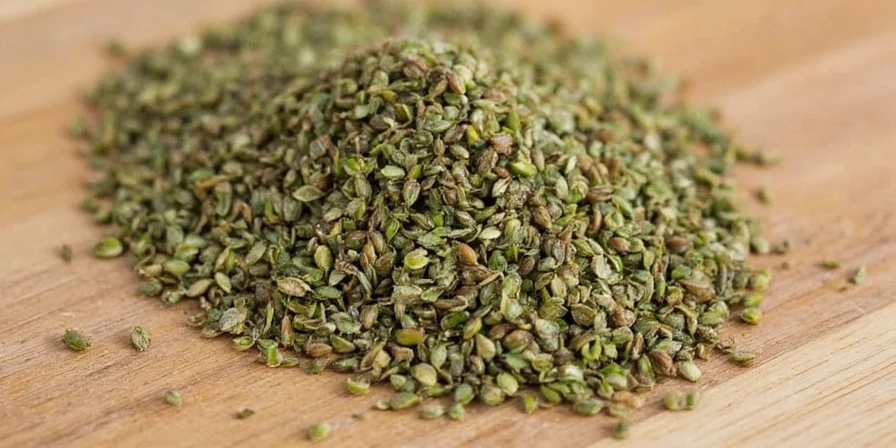
How to Pick the Best Quality (3 Must-Check Signs)
Before buying, check these three things:
- Color: Should be vibrant green (brown means old/stale)
- Smell: Strong herbal scent when opening container (weak smell = lost potency)
- Texture: Fine powder that flows freely (clumps indicate moisture damage)
Bonus tip: Greek or Turkish oregano molido has stronger flavor than Mexican varieties—look for country of origin on label.
FAQs Answered by Cooking Pros
How much oregano molido equals fresh oregano?
Use 1 teaspoon ground oregano for every 1 tablespoon fresh oregano. The concentrated flavor means you need less—start with half this ratio and adjust to taste.
Why does my oregano taste bitter in tomato sauce?
Adding it too early or using too much causes bitterness. Solution: Stir in during the last 5-10 minutes of cooking. If already bitter, add 1 tsp lemon juice or sugar to balance.
Can I use oregano molido in baking?
Yes! Add 1/4 tsp to focaccia or pizza dough for herbaceous flavor. Avoid in sweet baked goods as it clashes with sugar.
How long does oregano molido stay fresh?
Properly stored (in dark, cool place), it maintains good flavor for 18-24 months. Test freshness by rubbing 1/4 tsp between fingers—if scent isn't strong, replace it.
Simple Implementation Plan for Better Flavor
Start using oregano molido properly with these three steps: 1) Buy a small container of Greek oregano molido (check for vibrant green color), 2) Store it in a dark cupboard away from heat, 3) Add 1/4 teaspoon to your next tomato-based dish during the last 5 minutes of cooking. Notice the immediate flavor improvement? This simple adjustment—using less, adding later, storing properly—makes all the difference between bland and restaurant-quality dishes. You'll find yourself reaching for this spice more often once you experience its consistent, powerful flavor in everyday cooking.

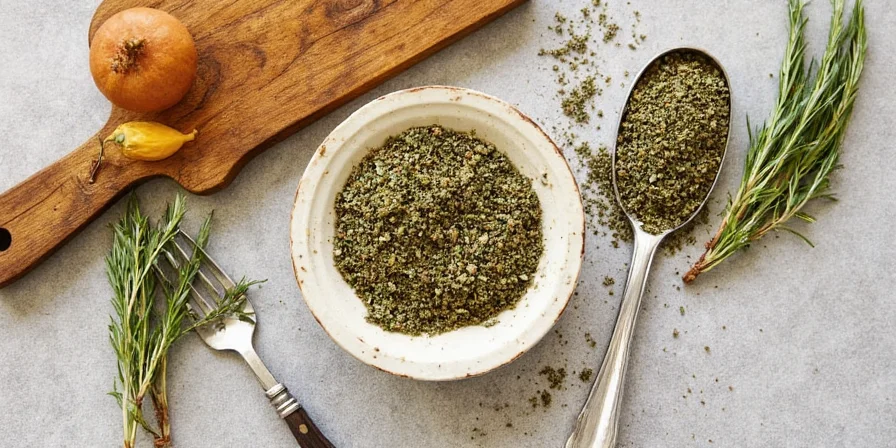









 浙公网安备
33010002000092号
浙公网安备
33010002000092号 浙B2-20120091-4
浙B2-20120091-4